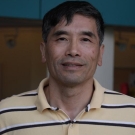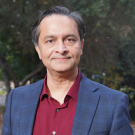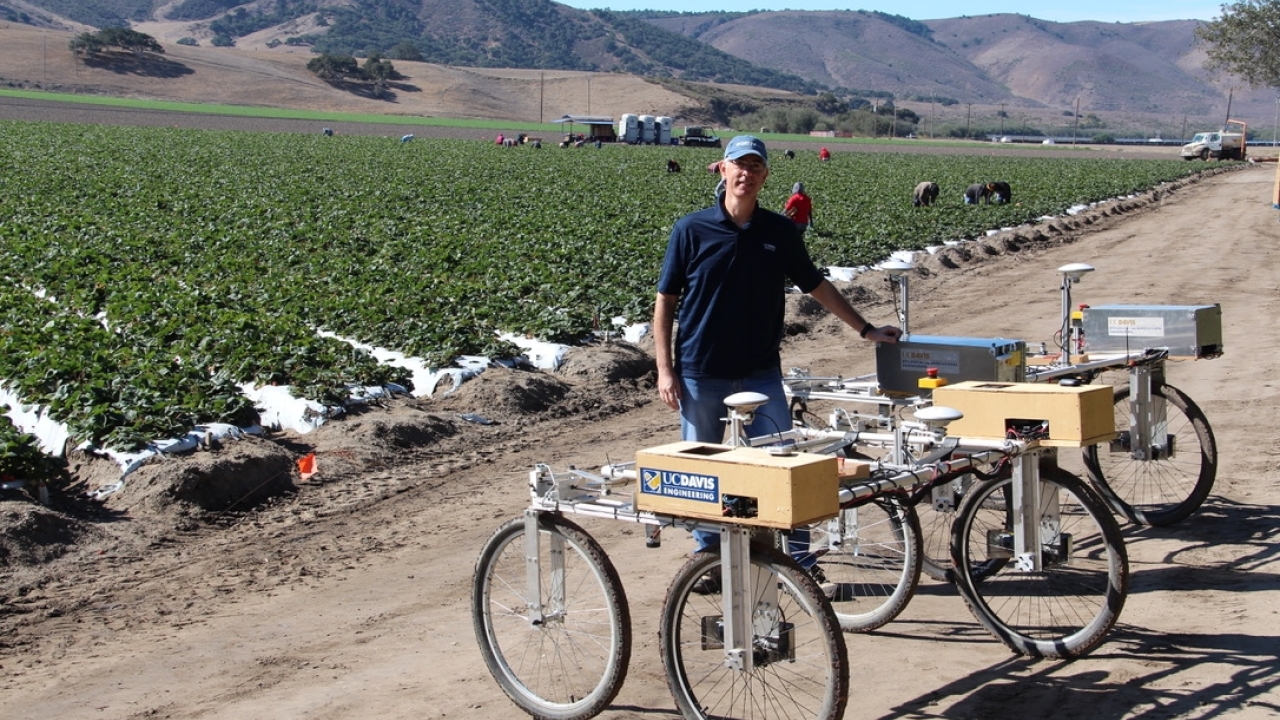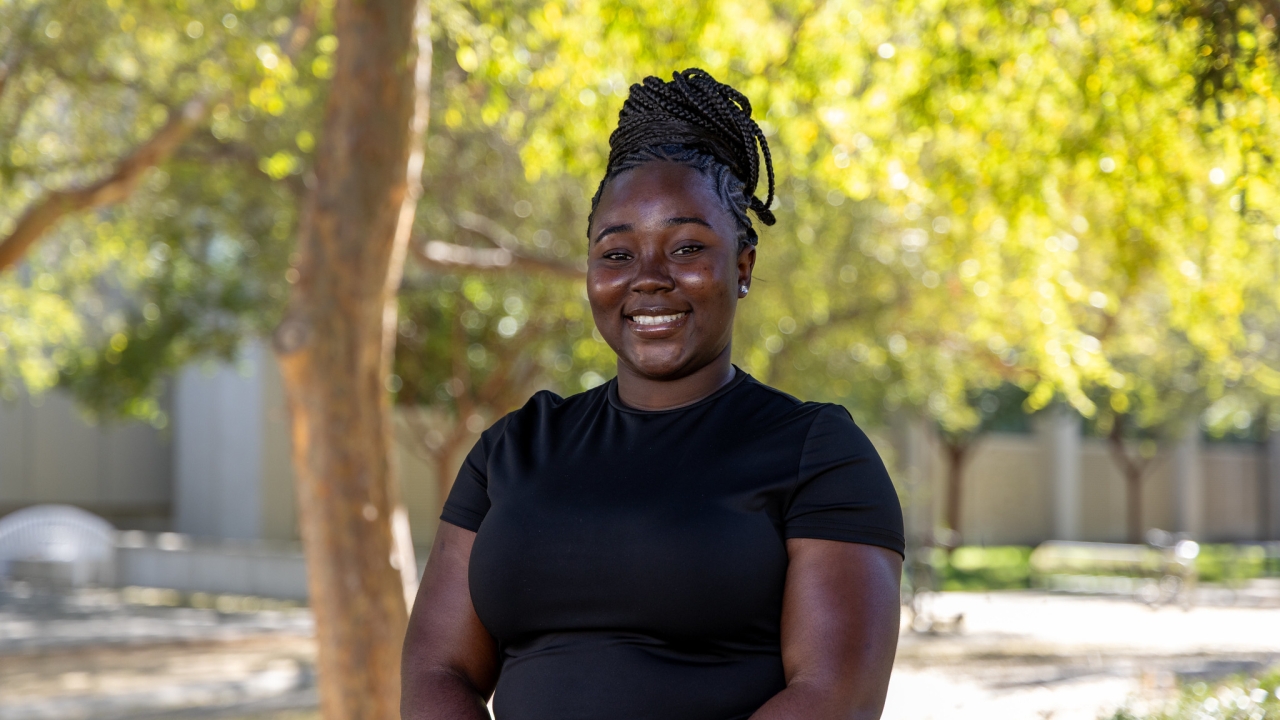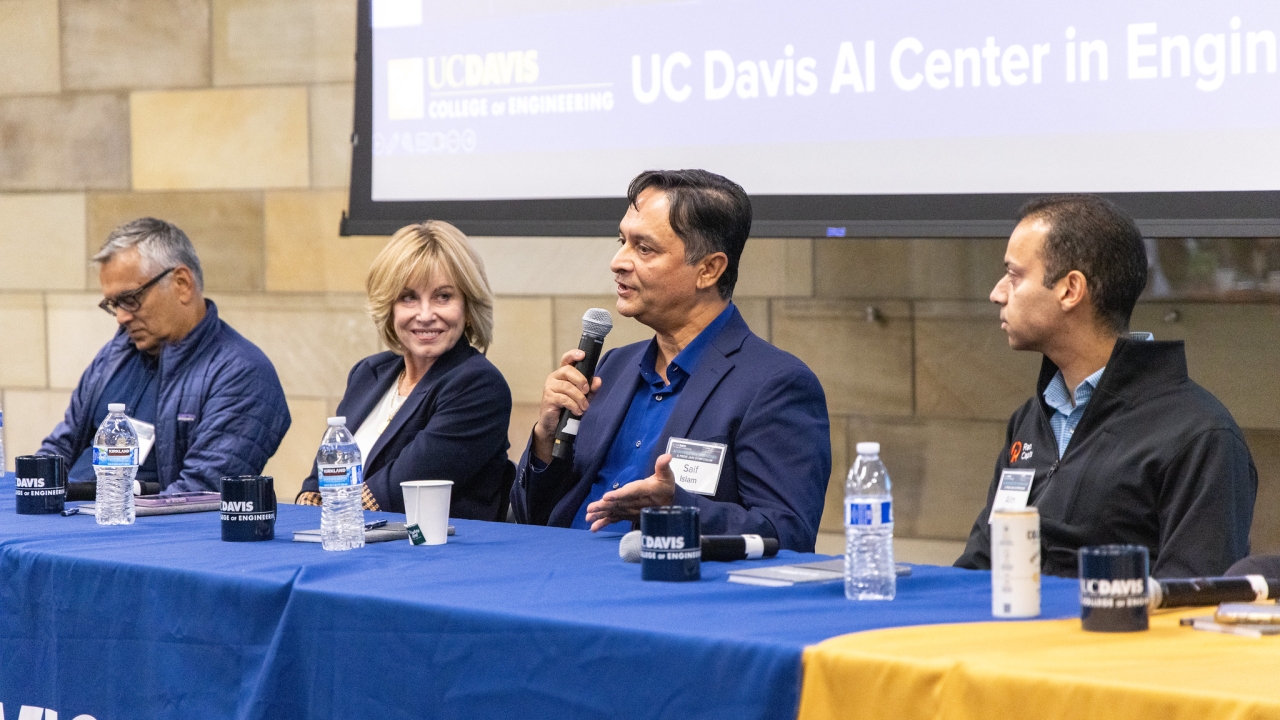
Bright STARSE on the Horizon: UC Davis-Led Program Rethinks STEM Education
With the advent of tools like generative artificial intelligence and the advancements made in technologies such as semiconductors within the past 10 years, there is immense potential for scientific innovations that help both people and the planet in the decades ahead. Yet, there is a current gap in education when it comes to developing a deep understanding of these emerging technologies and their ability to solve global challenges.
A program led by electrical and computer engineering professors at the University of California, Davis, is rethinking STEM education from kindergarten to college by focusing on experiential learning and workforce development opportunities in semiconductor technologies, information systems and data science to address this issue.
The program’s name, Broad Engagement for Students and Teachers to Advance and Reinforce Science Education, or BE-STARSE, highlights its mission to empower students and teachers through hands-on experiences and mentorship. It also reflects its grander vision of cultivating a diverse workforce that ensures the United States remains a leader in technological innovation.
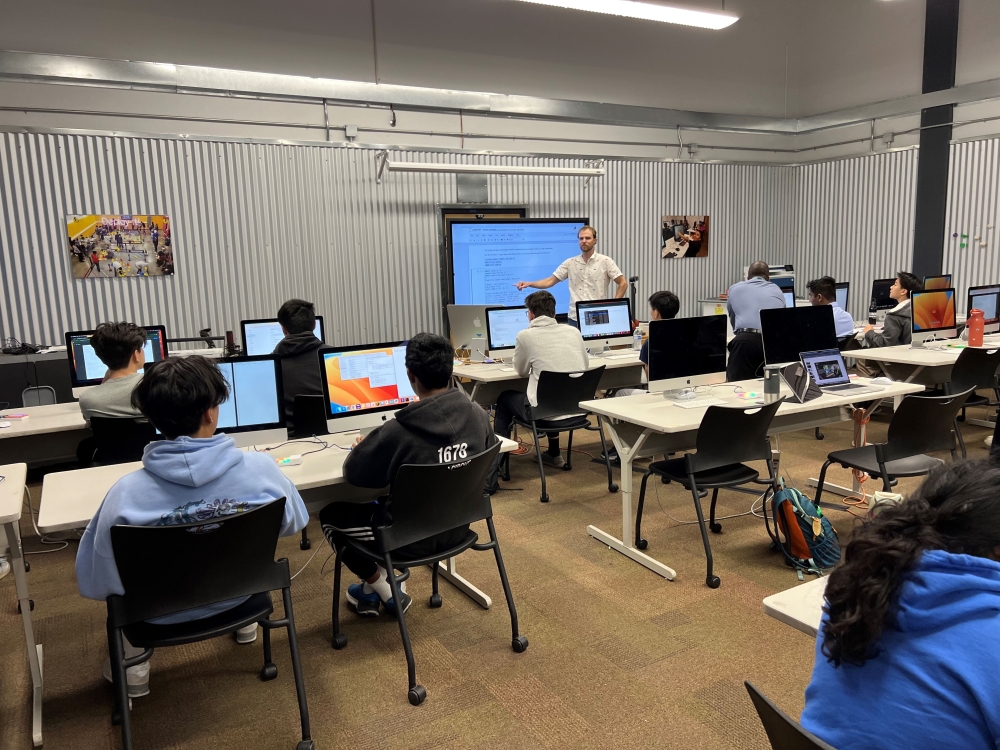
The National Science Foundation has funded BE-STARSE with a nearly $1 million grant through the federal agency’s Experiential Learning for Emerging and Novel Technologies program, or ExLENT. ExLENT supports practical learning opportunities for learners from nontraditional backgrounds, equipping them with skills for emerging technology fields and fostering workforce development through cross-sector partnerships.
"Experiential learning in semiconductor technologies, information systems and data science empowers students with hands-on skills and real-world insights into the very fields that helped elevate California to the world’s fourth largest economy, bridging theory and practice to spark innovation, deepen understanding and prepare them to lead in the future of technology," said Saif Islam, the program’s co-principal investigator and chair of the Department of Electrical and Computer Engineering.
A Constellation of STARSE
BE-STARSE is made up of three different tracks. One track engages middle to high school students through immersion programs. A second track connects undergraduate students with faculty members and industry professionals for internships. And a third connects researchers with K-12 teachers to work together to create and add compelling and instructive examples of semiconductor physics and data science into their curricula.
"Several integrated programs, including intensive cleanroom workshops, faculty-led hands-on labs, professional development for teachers and undergraduate internships, will work together under BE-STARSE’s vision to build a robust, inclusive talent pathway by inspiring and preparing K-12 and early-college students for impactful careers," Islam said.
BE-STARSE has partnered with the Northwest AI Hub, a regional infrastructure of physical and virtual facilities for the development of AI technologies from the laboratory to fabrication, the UC Davis College of Engineering’s Center for Nano-MicroManufacturing and the San Joaquin County Office of Education, or SJCOE, to provide hands-on and interdisciplinary learning experiences for students.
"Our approach is grounded in long-term, collaborative partnerships with local schools, educators, community organizations and industry leaders,” said Allison Long, staff lead for the BE-STARSE program. “This engagement model ensures our programming is not only relevant and accessible but also rooted in the real needs and aspirations of the communities we serve."
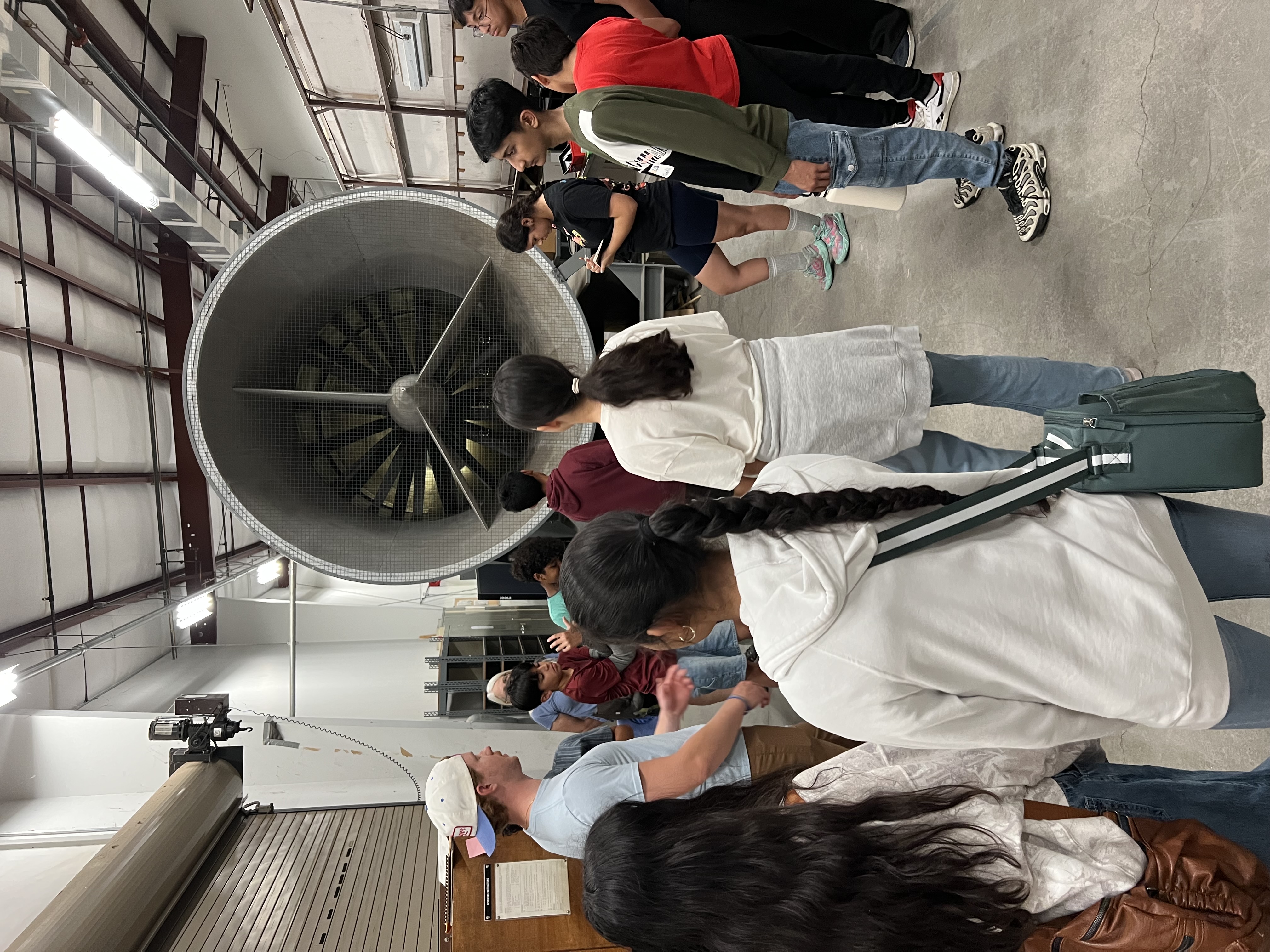
Fostering Community, Inspiring Confidence
Through its partnership with SJCOE, which supports 154,000 students in San Joaquin County, BE-STARSE has offered a spring fellowship for high school students and collaborative workshops for seventh- and eighth-grade students across the Central Valley to learn about nanotechnology, microchips, quantum computing and AI.
At workshops in July, students gained experience at SJCOE’s Stockton-based fabrication lab, known as the FabLab, by building Mars rovers and AI robots. They also took tours of the UC Davis California Raptor Center and the famed Wind Tunnel in Bainer Hall, where students received informative presentations on bio-informed engineering and aerodynamics from Assistant Professor of Mechanical and Aerospace Engineering Christina Harvey and her team.
“Through the camps and fellowship, students coded machinery, built in labs, documented their research, talked with professors and graduate students, visited the campus and ate lots of pizza and liquid-nitrogen-cooled ice cream. It was as close to being a college STEM student as a kid can get,” said Stephen Callahan, director of FabLab. “The children really enjoy these experiences, and we appreciate how the partnership with BE-STARSE has made that possible.”
Since BE-STARSE’s launch in June 2024, the program has reached 190 middle school, high school and undergraduate students through workshops, fellowships and internships.
"Looking ahead to the 2025-2026 academic year, the BE-STARSE program is focused on building momentum and expanding impact across the region," Long said. "Our mission remains to inspire and equip the next generation of innovators by fostering curiosity, confidence and real-world skills through research-driven STEM education."

